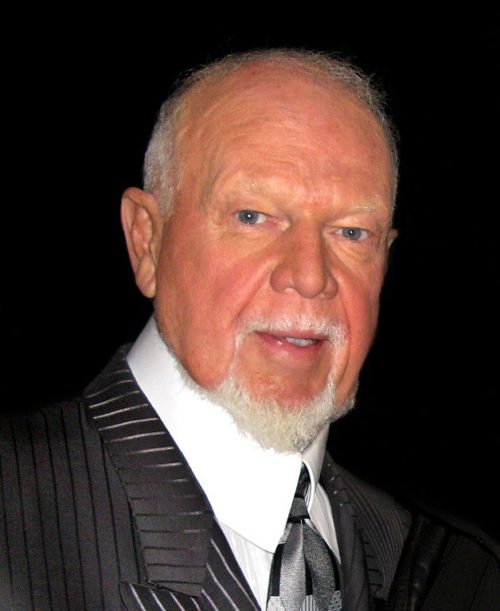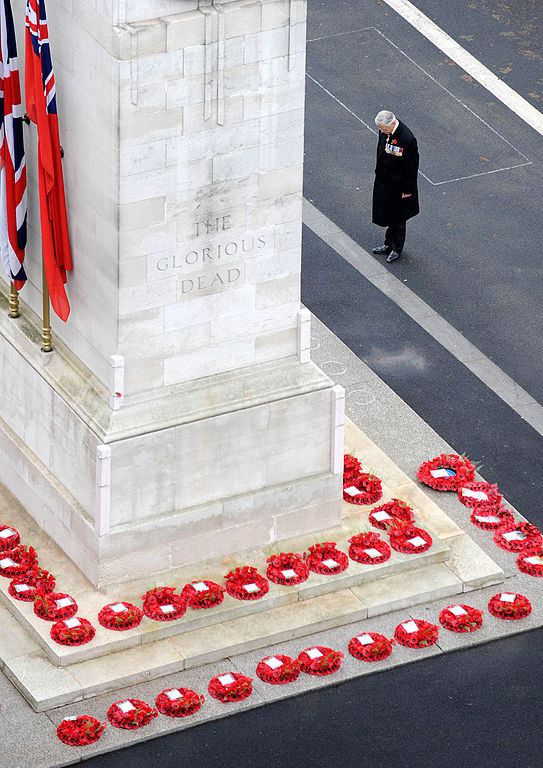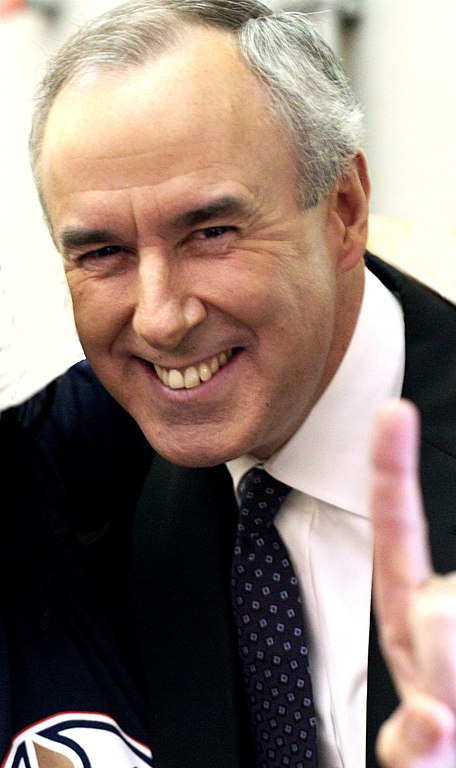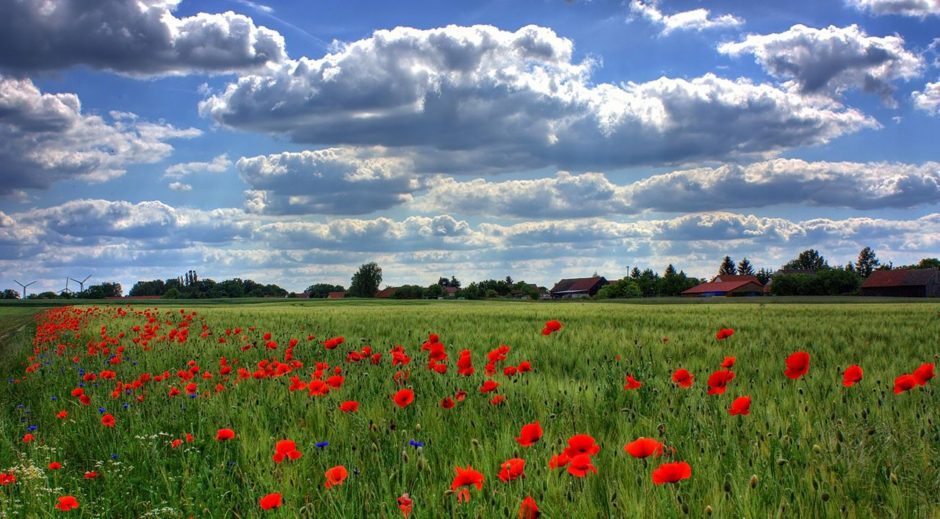Don Cherry’s abrupt dismissal as host of Coach’s Corner, a popular six-minute segment on Hockey Night in Canada, was drastic but unavoidable.

Sportsnet, the cable television channel which broadcasts this Canada-wide program, fired Cherry — the wildly opinionated 85-year-old former hockey player and coach known for his loud clothes and inappropriate comments — on November 11 after he questioned the patriotism of immigrants.
Two days prior to Remembrance Day, which honors the sacrifices of Canadian and Commonwealth soldiers since World War I, Cherry complained that too few new Canadians wear the small plastic symbolic poppy. Claiming that “nobody wears a poppy” in downtown Toronto, he suggested that the opposite is true in Canada’s “small cities,” where fewer immigrants live.

Then, in an ethnocentric allusion that doomed his career, he said, “You people love … our way of life, you love our milk and honey, at least you can pay a couple bucks for a poppy or something like that.” And in a reference to the Canadian troops who have laid down their lives for Canada, he added, “These guys paid for your way of life that you enjoy in Canada, these guys paid the biggest price.”
In the wake of his unsettling and divisive remarks, which were regarded by some as racist, the reaction was swift.

Ron MacLean, the co-host of Coach’s Corner, disassociated himself from Cherry’s rant, calling it “hurtful, discriminatory and flat-out wrong.” Properly berating himself for having stayed silent during Cherry’s mouthings, MacLean said, “I owe you an apology too. That’s the big thing I want to emphasize. I sat there, I did not catch it, did not respond.”

Sportsnet, apologizing for his comments, described them as “offensive” and announced that Cherry had been sacked. The National Hockey League was just as emphatic, saying his remarks were “contrary to the values we believe in.”
Cherry was in a defiant mood immediately following his termination. “I know what I said, and I meant it,” he said. “Everybody in Canada should wear a poppy to honor our fallen soldiers.” A day later, he admitted that his utterly dismissive phrase, “you people,” was problematic. As he said, “’You people,’ I can see how it hurt some people … If I hurt anybody, then I’m sorry about it.”
In retrospect, Cherry’s comments were well intentioned but clumsy in the extreme. He could have made exactly the same point without having maligned immigrants, who form a substantial proportion of Canada’s population. Instead, he reverted to form, refusing to become “a tame robot who nobody would recognize.”
Canada, as he should have known, is a nation of immigrants. From English, French and Chinese to Ukrainians, Germans and Italians, Canadians are a mosaic of people from the four corners of the world. Absent immigration, Canada would not have thrived as a model of coexistence. Immigration, too, has been an engine of prosperity since Confederation. And ultimately, immigration is what sustains Canada to this day. This is a fundamental Canadian value that Cherry does not appear to grasp, much less share.

Wearing a poppy on Remembrance Day should not be a litmus test for Canadian patriotism, as Cherry wrongly believes. Whatever their national origin, Canadians are not required to wear poppies to prove their patriotic credentials. Nonetheless, the poppy is inextricably bound up with a deeply-felt respect and gratitude for Canadian veterans and soldiers who have been killed since World War I.
Cherry’s politically incorrect, even hateful, comments would not have caused a ripple a generation ago, but in today’s climate, they were downright poisonous. The zeitgeist has changed since Cherry was a young man, and it is obvious that he was oblivious to this seminal transformation. Cherry, in effect, was left behind in the lurch.
Sportsnet simply could have reprimanded him, demanded an immediate apology and moved on. But attentive to shifting values and the almighty bottom line, Sportsnet concluded that it had no alternative but to fire him.
Cherry, an old dinosaur who has had his day in the sun, needed to be retired to pasture.
